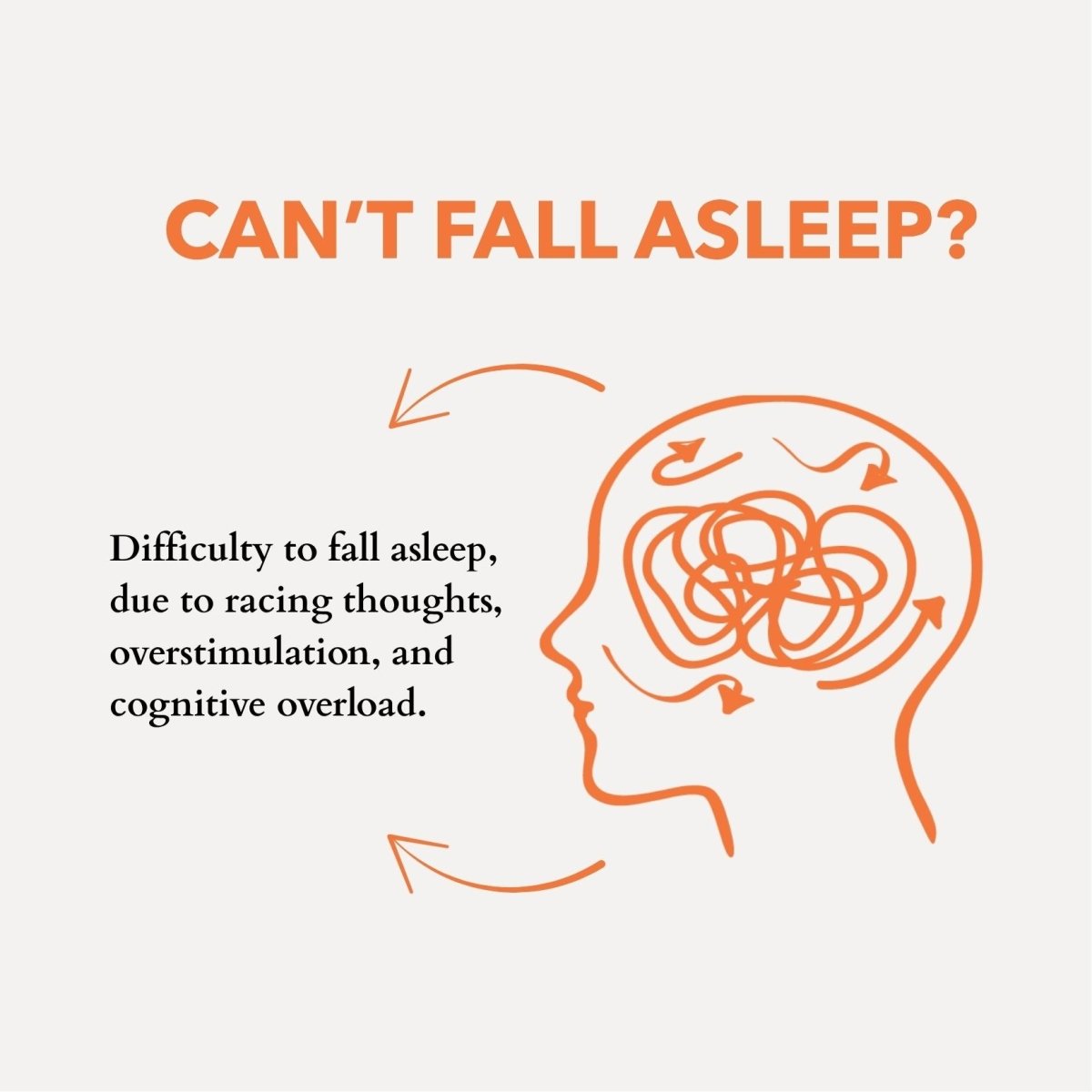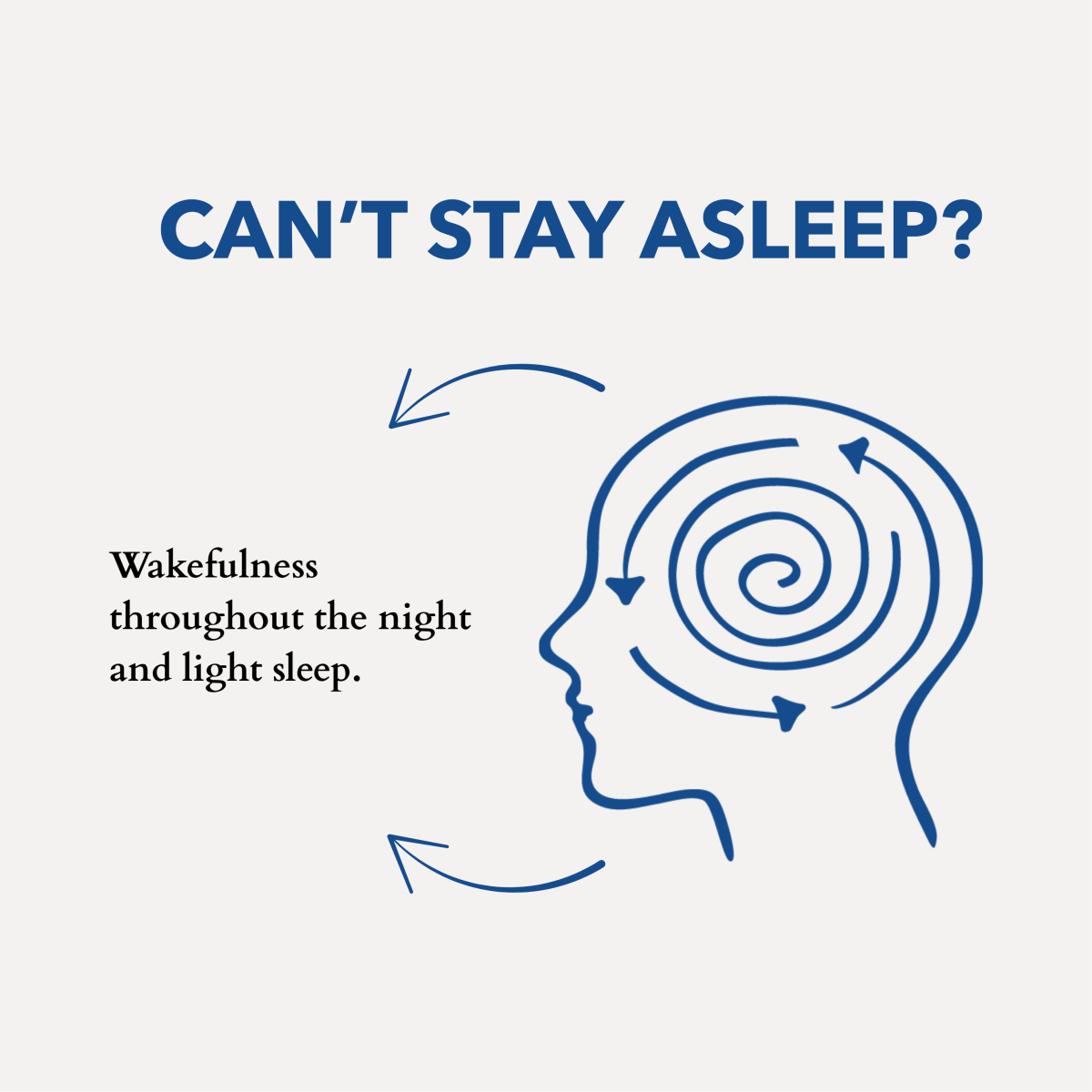Breathing exercises are diaphragmatic breathing, which is a type of breathing exercise that helps strengthen your diaphragm, and often is called belly breathing or abdominal breathing.
When we are stressed or anxious we tend to take rapid, shallow breaths that come directly from the chest. This type of breathing is called thoracic or chest breathing. When you’re feeling anxious, you may not even be aware you’re breathing this way. Chest breathing causes an upset in the oxygen and carbon dioxide levels in the body resulting in increased heart rate, dizziness, muscle tension, and other physical sensations. Since your blood isn't being properly oxygenated, it can signal a stress response that contributes to anxiety.

The easiest way to determine your breathing pattern is to put one hand on your upper abdomen near the waist and the other in the middle of your chest. As you breathe, notice which hand raises the most.
If you're breathing with your diaphragm, your abdomen should expand and contract with each breath (and the hand on it should raise the most). It's especially important to be aware of these differences during stressful and anxious times when you're more likely to breathe from your chest.
In order to get a good night of sleep, you need to be completely relaxed before going to bed. Your neurotransmitters that start the sleep process won't be released until you are completely relaxed. Therefore, breathing exercises are excellent tools to ease your mind and relax your body. Breathing exercises are the basis for almost all meditation and relaxation techniques, which can lower your stress levels, support better sleep and reduce your blood pressure, and regulate other important body processes (1).

One way to help support your sleep process is by using a technique called box breathing. In conjunction with our Recovery + Sleep oil, this simple and effective technique can control your nervous system, relaxing your body and mind, so you can achieve a better night of sleep.
Before starting, sit on your bed in a comfortable position with your feet on the floor.
- Apply your Recovery + Sleep - Blue Chamomile oil on the suggested sensory points, then finish by applying 3 drops on the palm of your hands.
- With your eyes closed, breathe in through your nose while counting to four slowly. Feel the air enter your lungs.
- Hold your breath inside while counting slowly to four. Try not to clamp your mouth or nose shut. Simply avoid inhaling or exhaling for 4 seconds.
- Begin to slowly exhale for 4 seconds.
- Repeat steps 2 to 4 at least three times. Ideally, repeat the three steps for 4 minutes, or until your mind feels tranquil and at ease.
If you find the technique challenging to begin with, they can try counting to three instead of four. Once someone is used to the technique, they may choose to count to five or six.
Reference
- Paulus MP. The breathing conundrum-interoceptive sensitivity and anxiety. Depress Anxiety. 2013;30(4):315–320. doi:10.1002/da.22076

































